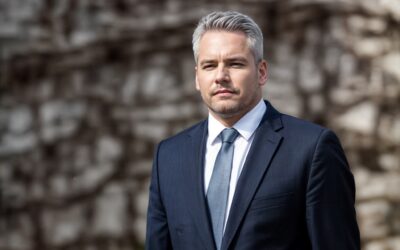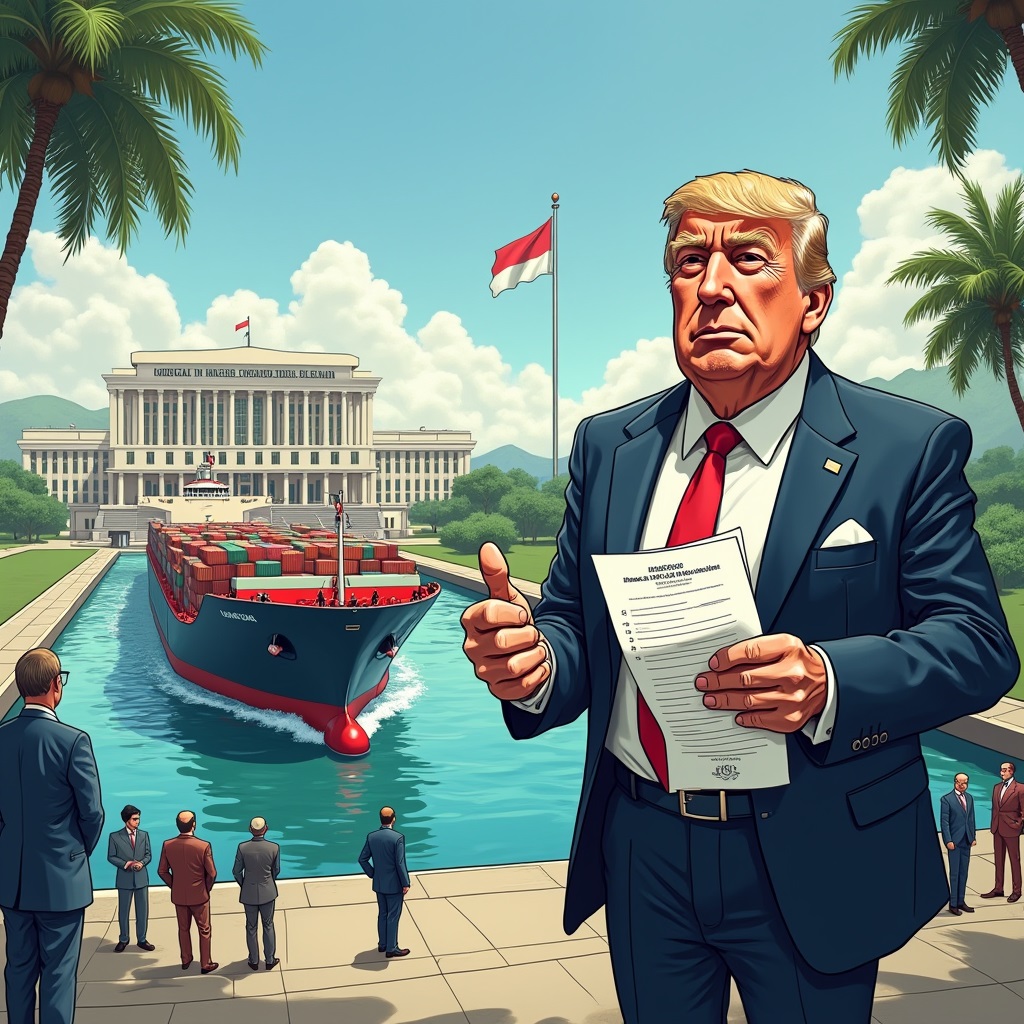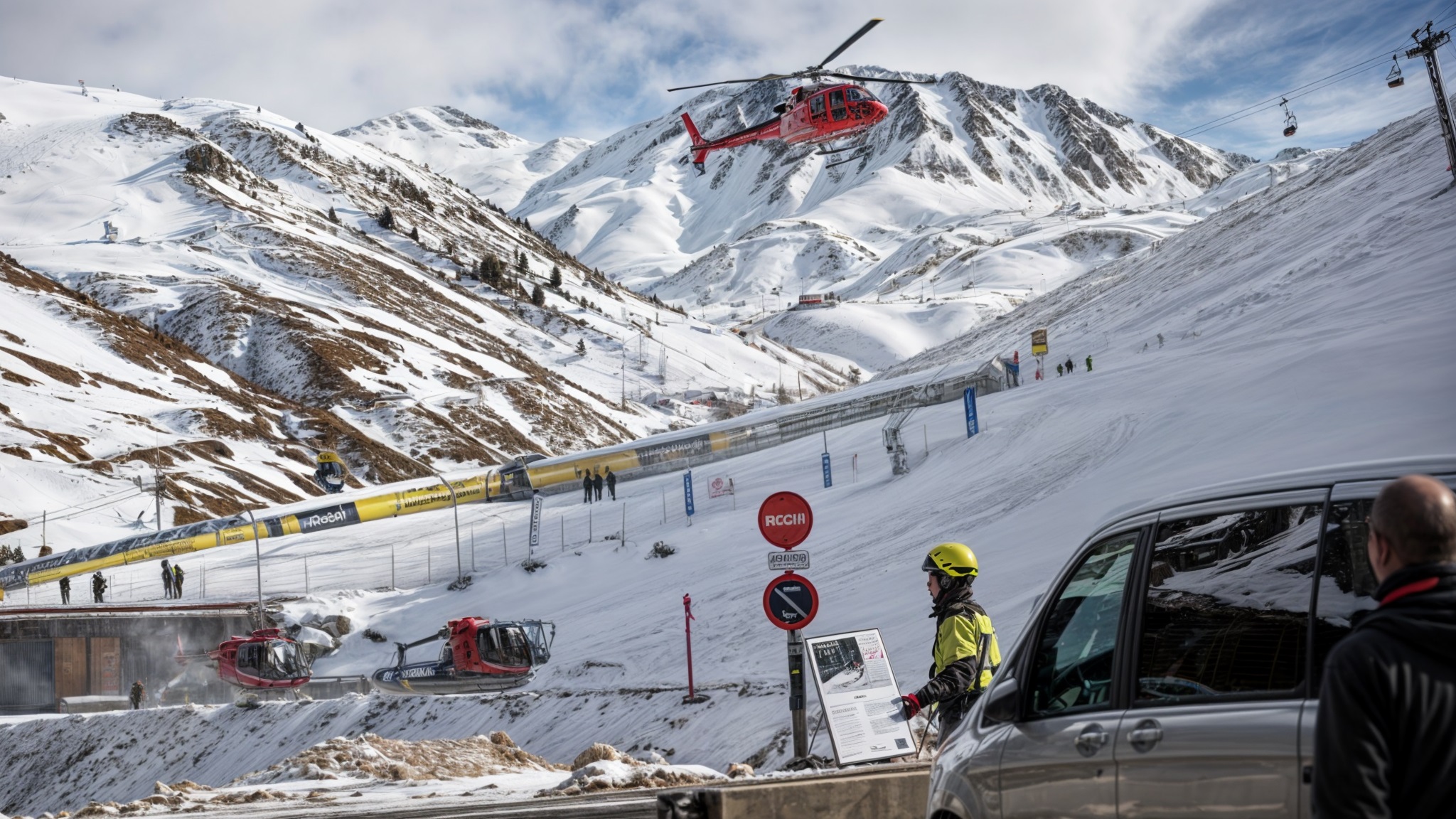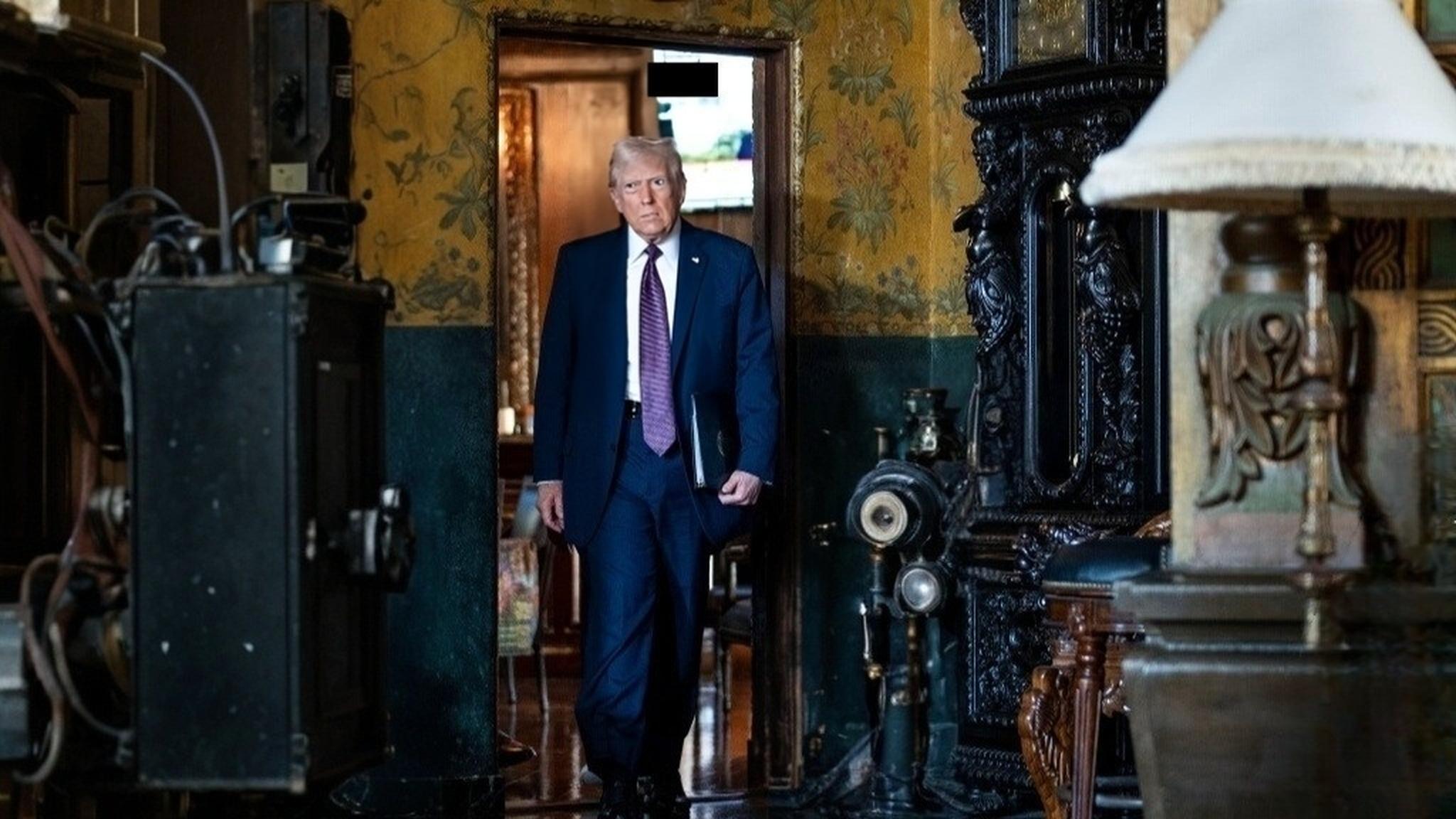South Korea Court Approves Arrest of President Policy Yoon Suk Yeol Amid Martial Law Investigation

The Seoul Western District Court has approved the arrest of South Korea President Yoon Suk Yeol in connection with martial law declaration. It was the first time that a sitting president in South Korea had been arrested, adding to the country’s political turmoil.
The arrest warrant was requested by the Corruption Investigation Office for High-ranking Officials (CIO) and comes on allegations that Yoon led an insurrection with a momentary implementation of martial law earlier this month. The charges, some of the most serious ever faced by a South Korean president, remove his usual immunity from criminal prosecution.
Background of the Case
The martial law was introduced on December 3, and sought to limit political activity and censor the media. But the move drew an immediate backlash, with troops storming into the National Assembly in an unprecedented show of force. The declaration was canceled within hours after public outcry and rejection by lawmakers.
Yoon was then impeached by the National Assembly on December 14. His impeachment trial is being considered by the Constitutional Court. The acting president, Han Duck-soo, who took office upon Yoon’s suspension, was then also impeached shortly thereafter, meaning that the finance minister, Choi Sang-mok, was left to oversee state affairs.
We participated in important legal and political implications
The court said the arrest warrant was justified because of Yoon’s repeated failure to answer investigators’ summons and significant evidence backing the allegations. Despite the warrant’s unprecedented nature, Yoon’s defense team has dubbed it impermissible, contending that the CIO has no legal basis to take such action.
The warrant gives investigators a 48-hour voluntary period to detain Yoon if he is arrested before Jan. 6. He is to be detained at the Seoul Detention Center as the investigation unfolds.
Broader Impact
With this turn of events, the political crisis deepens in South Korea, an important economic center and a crucial ally of the United States in Asia. Demonstrators have taken to the streets across the country, with supporters and opponents of Yoon rallying outside his home.
With the nation facing political volatility, calls for unity have become more prominent. In a New Year’s address, Finance Minister Choi urged South Koreans to have faith in the government and strive for national unity.
The next session in Yoon’s impeachment trial is set for Friday, another piece of uncertainty in the country’s political future.
This case has continued to grab headlines, and it was a watershed moment in South Korea’s democratic history.
source: reuters.com






